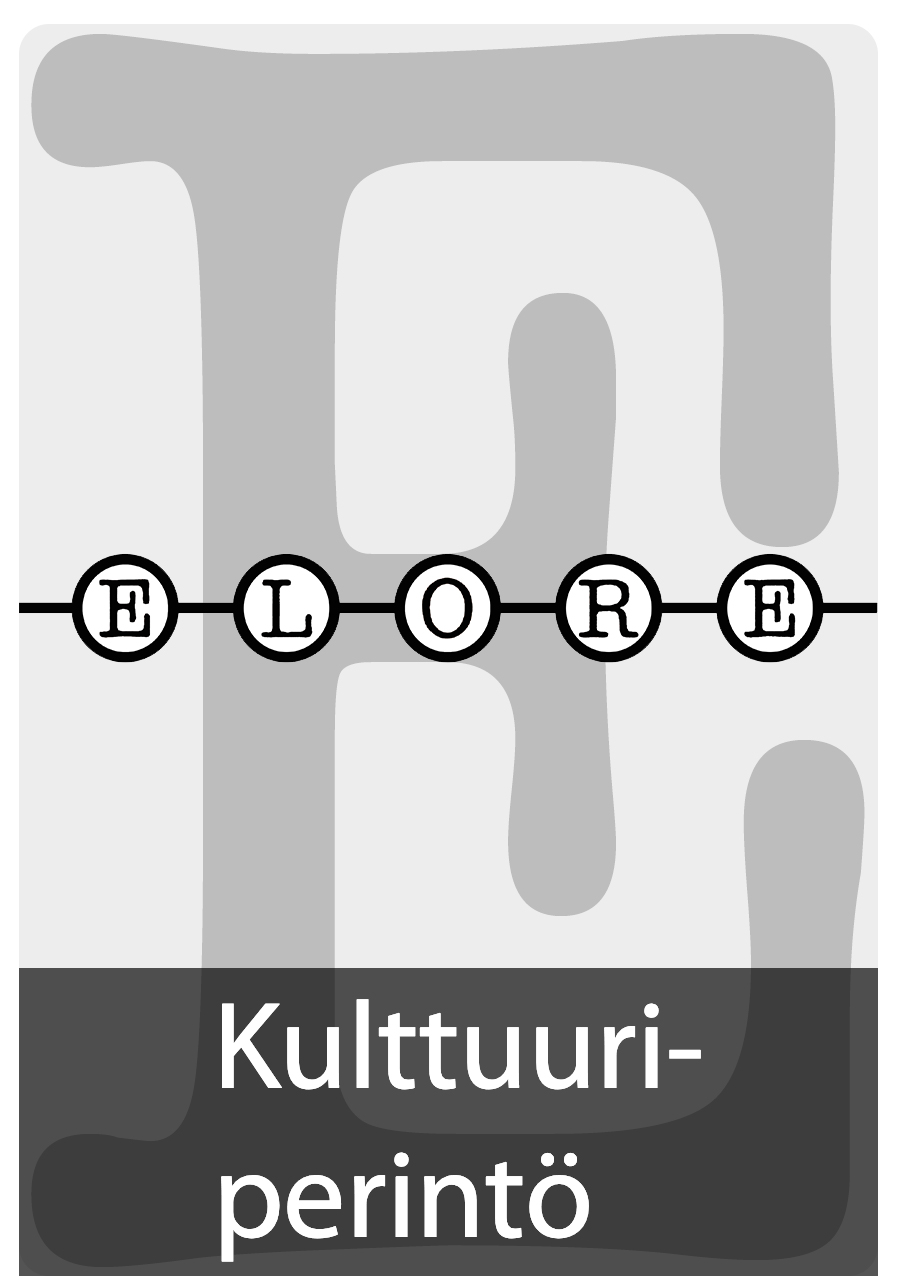Kotiseutu kulttuuriperintöprosessina – saksalainen kokemus
DOI:
https://doi.org/10.30666/elore.78780Abstract
Home district as a process of cultural heritage – the German experience This article examines the interpretations of the home or home district (Heimat), and is based on the memories and experiences of the East Germans. The use of the concept ’home district’ has changed in the West German macro level discourse. Formerly one’s home district was the place in which an individual had domicile rights and duties. From this description there has been a gradual shift towards more diverse connections to personal identity. The concept of home district has changed in accordance with the ever-changing life situations of the post-modern individual. The author has used this conceptual shift as a background to the life experiences of her interviewees. The interviews were conducted in the Mecklenburg area in 2007–2008, in connection to a larger research project funded by the Academy of Finland, entitled ”At home in a conserved house – the East German experience”. The author is aiming to show that the ”secondary knowledge” as related by the inhabitants and the image provided by the official documents of socialist Germany did not meet in everyday life. People give meaning and significance to their home district according to their personal life history and also depending on the type of housing they live in. The three different interpretations of the ’home district’ that have been chosen from the data show that secondary knowledge provides new interpretations of the history of socialist Germany. It is history outside official documents.Downloads
Published
How to Cite
Issue
Section
License
The journal follows Diamond Open Access publishing model: the journal does not charge authors and published texts are immediately available on the Journal.fi service for scientific journals. By submitting an article for publication on Elore, the author agrees, as of September 2024, that the work will be published under a CC BY 4.0 licence. Under the licence, others may copy, transmit, distribute and display the copyrighted work and any modified versions of the work based on it only if they attribute the licence, the original publication (link or reference) and the author as the original author. Any modifications made must be acknowledged.
Copyright of the texts remains with the authors, and self-archiving (Green OA) of the published version is allowed. This also applies to texts published before September 2024. The Green OA publication must include Elore's publication details.
The metadata for published articles is licensed under Creative Commons CC0 1.0 Universal.





